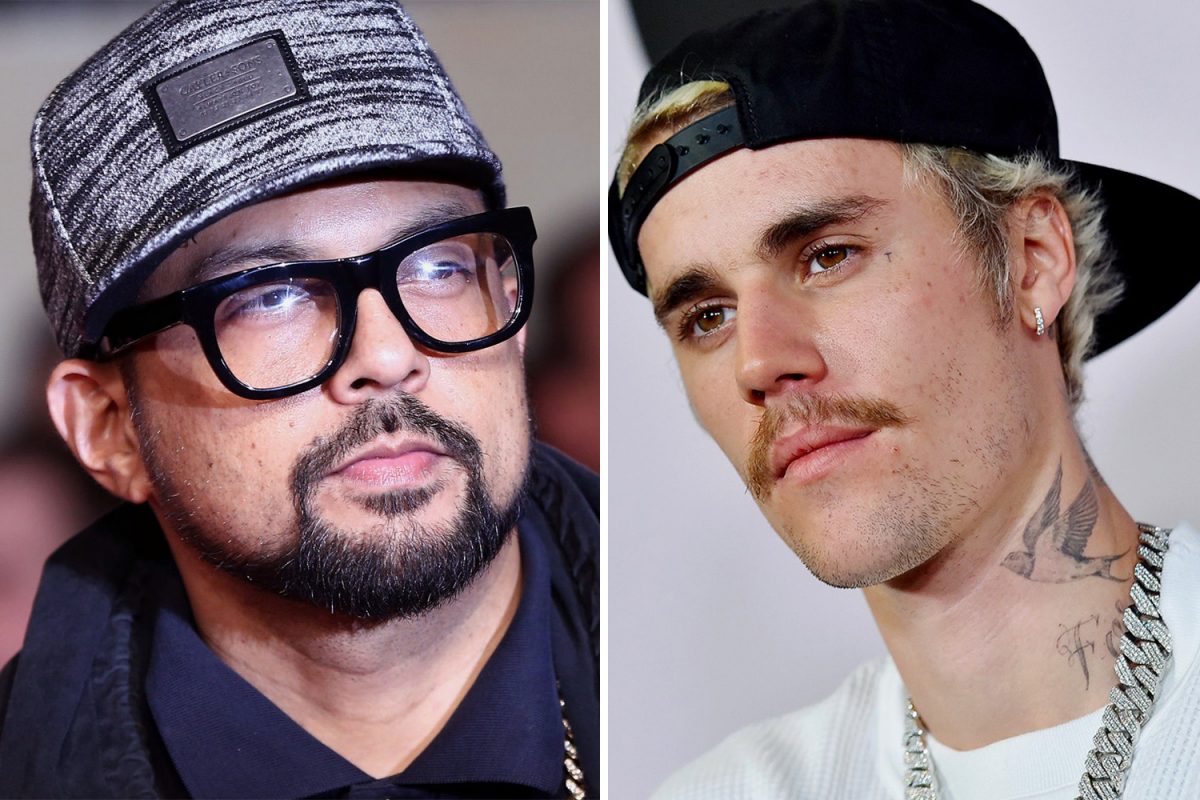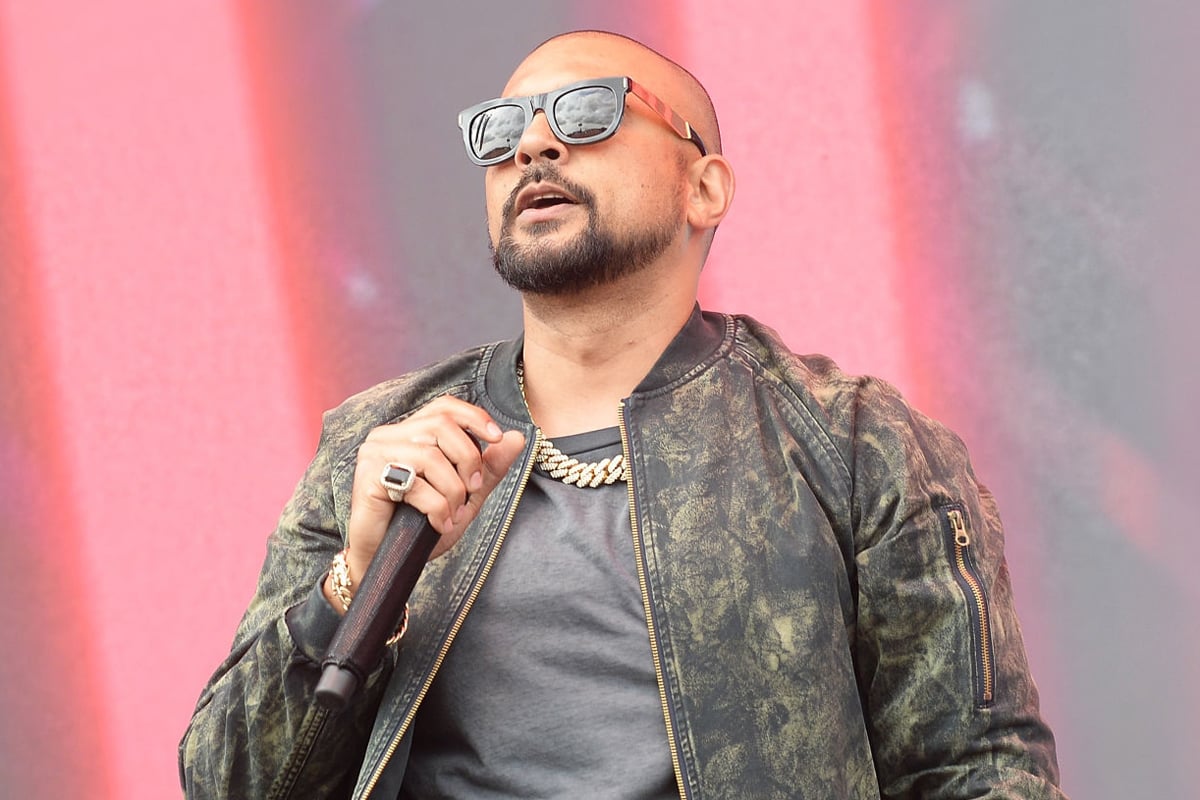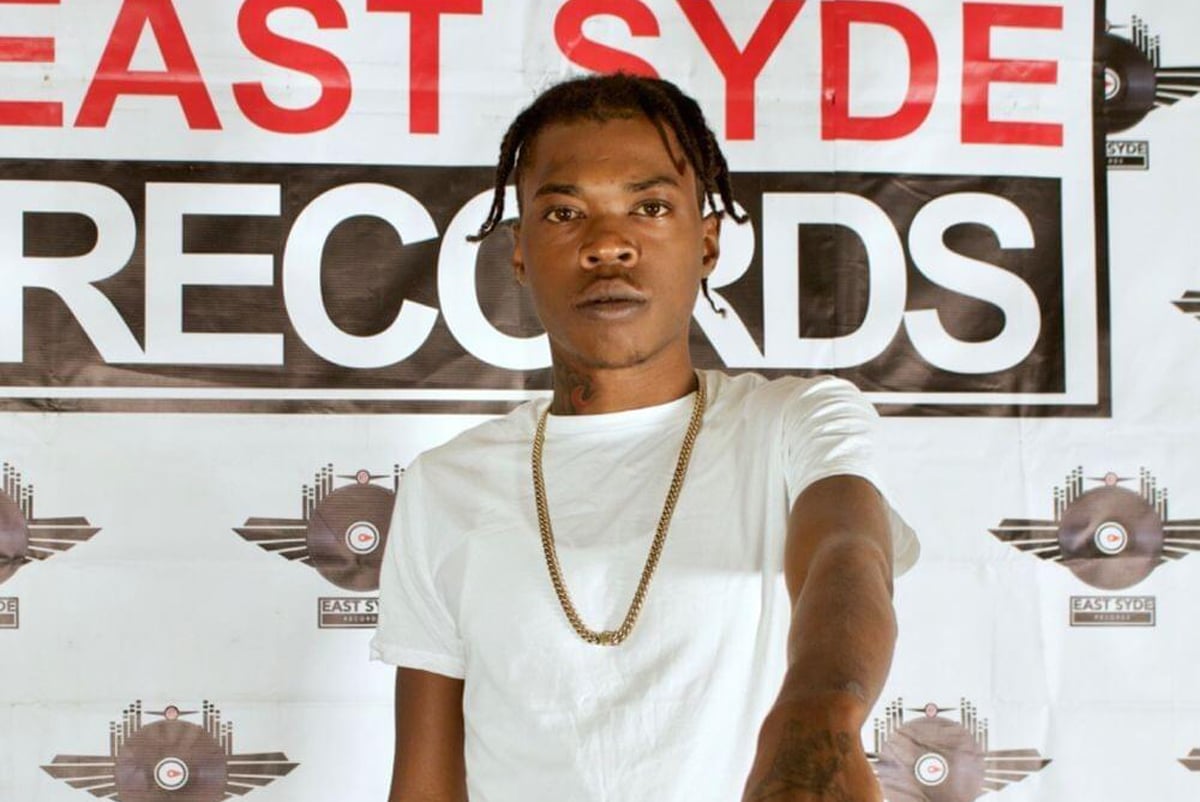Sean Paul Takes Exception To Justin Bieber Calling Dancehall “Island Music”

Dancehall superstar Sean Paul has taken exception to Justin Bieber’s recent failure to fully acknowledge Jamaican Dancehall and Reggae for its influence on some of his successful music.
Bieber was pointedly asked, during a recent interview with DJ Khaled, “what inspired you to make that record [Sorry], are you inspired by Reggae music, Dancehall music?” but he responded, “so the answer is yes, I am inspired by really all music but in particular I love Island music, I love the feel of just the percussion.”
Sean Paul reacted to Bieber’s comments during an interview with The Entertainment Report, which was aired on Television Jamaica on Friday night. Journalist Anthony Miller had asked Paul why the Dancehall songs laid on Trap beats were “falling on deaf ears internationally” when compared with traditional Dancehall music.
“What happens is that since computers kinda pop up, and everybody is producing their own self, is that they are just going with a sound where a lot of it is like it sound good and it sound right, but it is not the formula that people heard and started to love from us,” Paul lamented.
He vented that “now we’ve all of a sudden kind of abandoned it [traditional Dancehall] and Bieber is like: ‘I love Island Music’ and him don’t even call up Jamaica inna it or he doesn’t even call up Dancehall music.”
“Big up to Rihanna. She is the only one that says ‘I am making a Dancehall album’,” he added.
After a slew of Dancehall-inspired hit songs were released in 2015 and 2016, Sean had called out artists like Drake and Bieber for cultural appropriation of the genre’s sounds without acknowledging their roots.

Labelling fusion sounds as Trap Dancehall is a no-no
Meanwhile, unlike some of his Dancehall compatriots such as producers Cleevie, Danny Brownie and deejay Bounty Killer, Paul has dismissed the idea of giving the new Trap-infused Dancehall sounds coming out of Jamaica, a name of its own. For Paul, trying to label the new sounds Trap Dancehall is a misnomer, and is for him, a total no-no.
According to the Grammy-winning superstar, the sounds are simply ‘the new sound of Dancehall’, a phenomenon which traditionally takes place with the music at intervals. “Music is a cycle. It is 12 notes and they repeat themselves on the piano… so for me there will always be trends. Just like the great Bogle seh: ‘style a style and style caa spoil’”, Sean Paul said.
“For me personally, I don’t like calling this new sound Trap Dancehall. Mi waan call it ‘di new sound a Dancehall’, and it is represented on the [Live N’ Livin] album. And this songs kinda reflect what they are calling Trap sounds, but with every riddim dat I pick like dat, I make sure I can hear the Dancehall root in it; di Reggae root in it for me,” he explained.
According to the Like Glue artist, one of the main reasons that he does not want the fusion sounds to be named ‘Trap Dancehall’ as some of the upcoming artists have been trying to do, is, because internationally, he personally has had to fight, like a gladiator, over the years to ensure his fellow Dancehall artists and the genre itself gets its due recognition as a superpower genre.
“And I still don’t want call it Trap Dancehall. Becaw you know why Anthony, I fought for Dancehall music. There is many, many stories that I could sit down and tell you how much time me fight wid radio executives over the years about why you no putting Baby Cham song [ Ghetto Story ]which is in the diaspora, and selling nuff records for that record label, why you not putting it on the playlist?” he argued.
“There is so many times that I have done that. So for me, for a younger generation now to come and seh ‘well a Trap Dancehall it name’, to me is like no, a ‘Dancehall’ it name. But at the same time we caan bun dem out. Wi jus haffi lead by example and teach dem in a way that I am able to,” he stated.
The Wolmer’s High School old boy said the trap infusion phenomenon, was simply part of a cycle. In fact, he noted that years ago some of the most successful Dancehall artists infused Hip Hop sounds in their music in order to make American radio, which set the stage for the embracing of raw Dancehall.
“People like myself have been saying it for years; the sound is changing. Shabba Ranks had had to blend his sound back in the early days to get on radio, so did Shaggy. Dat broke open a big market in terms of other people wanting to hear more tings that sounded that that and that gave way to me, Tanto (Metro), Devonte, Beenie Man and a host of others. Cham – all of these people that got signed – Elephant Man. All of us got signed on a big record company kinda believed in what we did because the sound was working,” he said.
The former national water polo player said the Dancehall beats were so profound that many American artists even incorporated them into their music. “R Kelly went and id it; Missy went and did it; Beyonce went and did it. A bag a people are doing dat and we are like we want move away,” he said.
Sean said that the best way to bring home the message to the youths that raw Dancehall is what the international audience gravitates to, is to work with and have meaningful conversations with them, and not necessarily to castigate or harshly criticize them.
“But is generational to me. We went very far. I am still going. How can we get the youths dem to understand without chastizing dem? And so for me, it is to work with them and show them by a little way seh: ‘yow yuh see dis track weh yuh pick, is the trappy ting weh yuh like but it also has many elements that bring you back to the root of what Dancehall is. Pay attention to that kick’. We use the Trap drums to beat those riddims but wi play it in a more Dancehall way,” he said.

Over the last year, the ‘Trap Dancehall’ movement has caught criticism from the likes of Beenie Man, Bounty Killer, Capleton and others for its supposed appropriation of trap beats, and being too far removed from the golden years of 90’s Dancehall.
Skillibeng, one of the leading artists on the new movement who also appears on Sean Paul’s Live N’ Livin album, had accepted the name ‘trap dancehall’ but said during an interview, “ as a musician, trap dancehall is just a thing weh, yuh know, dem jus ah give it a name coz at di end a di day Skillibeng nuh really go after trap dancehall.”
“Mi go after good music, yuh see wah me a seh,” he told Seani B on BBC1extra, earlier this year.
